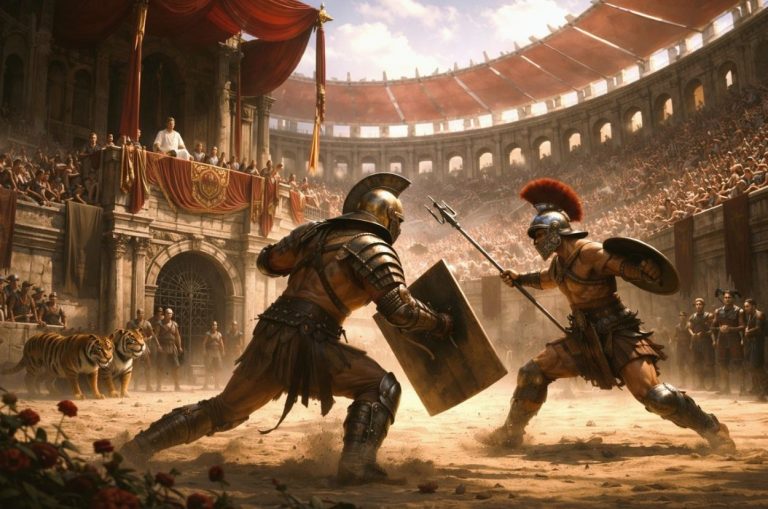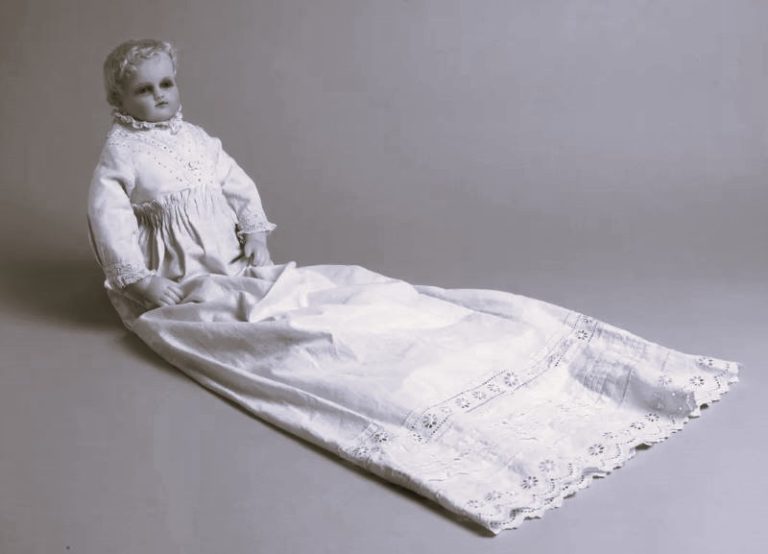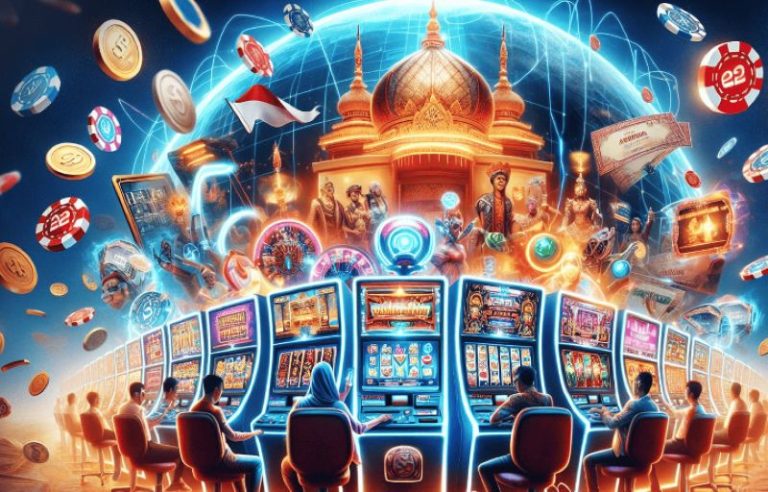
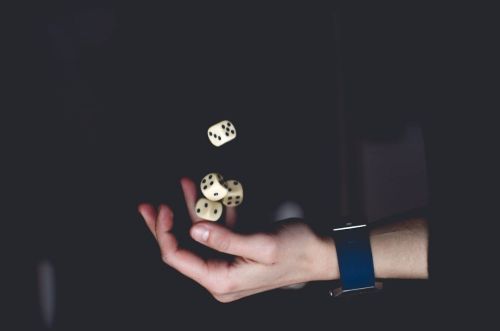
There’s something deeply human about taking a risk. Whether it’s a roll of the dice, a quick card shuffle, or clicking “place bet” on your phone, we’ve always chased the thrill of the unknown. Risk, reward, and the fine line between the two have shaped games, traditions, and even economies.
Today’s platforms look very different from the games played in ancient temples or smoky saloons. But the core idea—testing luck, skill, or prediction—remains. Sites like Ufabet Trackmaven show how far things have come, offering access to a wide range of online betting experiences while maintaining standards for fairness and ease of use. The medium may have changed, but the draw is still the same.
Ancient Dice and Divine Outcomes
The earliest evidence of gambling dates back over 5,000 years. In Mesopotamia, ancient dice made from animal bones were used not only in games but also to seek guidance from the gods. Risk wasn’t just entertainment. It was ritual. People rolled bones or cast lots to make decisions, believing that fate or divine will played a role.
Ancient Greece and Rome followed suit, developing games of chance that often walked a line between socially acceptable fun and legal trouble. Roman soldiers were known to gamble between battles, sometimes wagering personal items. In Greece, betting on athletic competitions like the Olympics was common, often linked to honor and reputation as much as personal gain.
Cards, Coins, and Colonial Competition
As time went on, games of chance spread through trade routes and cultural exchange. Playing cards emerged in China and traveled to Europe, transforming into the suits and styles we know today. These weren’t just games. They were social tools, used to build relationships or pass time on long voyages.
Colonial societies brought gambling into new settings. Taverns and social clubs became common spaces for dice, cards, and early lotteries. The mix of new money, expansion, and uncertainty made betting a natural fit. In America, early lotteries even helped fund public infrastructure.
This period also saw the first attempts at regulation. While rulers saw the potential for tax revenue, they also feared addiction, moral decay, and economic risk. That tension still exists, but the methods of gambling have taken a digital turn.
The Casino Era and the Rise of Modern Betting
By the 19th and 20th centuries, gambling evolved into a structured industry. Monte Carlo became a symbol of elegance and luck. Las Vegas redefined it with neon lights and slot machines. Betting moved from backrooms to billion-dollar venues. It wasn’t just about chance anymore. It became a lifestyle.
Alongside casinos, betting on sports, horse racing, and televised events exploded. People wanted more than static games. They wanted action tied to real-world events. This desire for real-time stakes laid the groundwork for the platforms we see today.
The Digital Revolution of Risk
Fast forward to the 21st century, and risk has gone mobile. Today, you can open an app and place a bet in seconds. From sports betting to online slots, digital platforms offer options for every taste. But beyond convenience, these platforms have reimagined how risk is experienced.
Algorithms tailor content. Live data tracks games in real time. Users can play solo, join tournaments, or even bet on video games. Risk is no longer confined to traditional sports or casino tables. It’s everywhere, and it’s customizable.
Unlike early systems, which relied purely on chance or rough estimates, modern platforms now blend prediction, statistics, and interactive design. Some games are built around quick reactions. Others reward deep strategy. And in every case, users feel in control, even when the odds are unpredictable.
Why Risk Still Captivates
So, why does this all matter? Why does gambling, both past and present, continue to draw people in?
Part of it is psychology. Risk lights up the reward center in the brain. A near miss can be almost as thrilling as a win. Another part is cultural. In many societies, betting is social. It’s about bonding, storytelling, or proving you “knew it all along.” And finally, it’s about hope. A small wager can carry big dreams, even if they’re short-lived.
But today’s platforms also offer more than escapism. They tap into digital culture. Fast interfaces, smart features, and community-based play make risk feel personal and engaging. It’s not just about money. It’s about the experience of trying, predicting, and feeling part of something.
When Skill Meets Chance
One modern shift worth noting is the growing interest in games that blur the line between luck and skill. Esports betting, fantasy leagues, and prediction markets all add layers of strategy. You’re no longer just rolling the dice. You’re analyzing trends, tracking stats, and building models.
For some, this adds depth. For others, it raises questions about fairness, access, and ethics. But it shows that today’s entertainment isn’t just passive. It’s reactive. Players want influence, and they want to feel their choices matter.
Looking Ahead: Risk in a Connected World
The future of risk-based entertainment likely won’t slow down. As virtual reality, blockchain, and AI enter the scene, we’ll see even more immersive ways to play. Imagine betting in a VR arena or using machine learning to adjust odds in real time.
But even as the tech evolves, the human urge to take a chance won’t go away. We’ve always looked for ways to test fate. Whether with carved dice, a roulette wheel, or a swipe on a screen, it’s part of how we dream, connect, and stay curious.
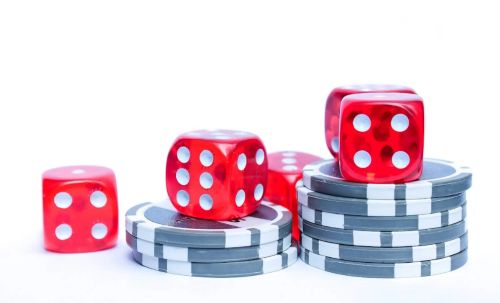
Final Thoughts
From ancient bone dice to sleek betting apps, our relationship with risk has remained surprisingly consistent. What’s changed is how we access it. Today’s platforms offer a mix of tradition and innovation, where history meets data and intuition meets design.
And in that space, between chance and control, we continue to find joy, tension, and the age-old thrill of the unknown.
